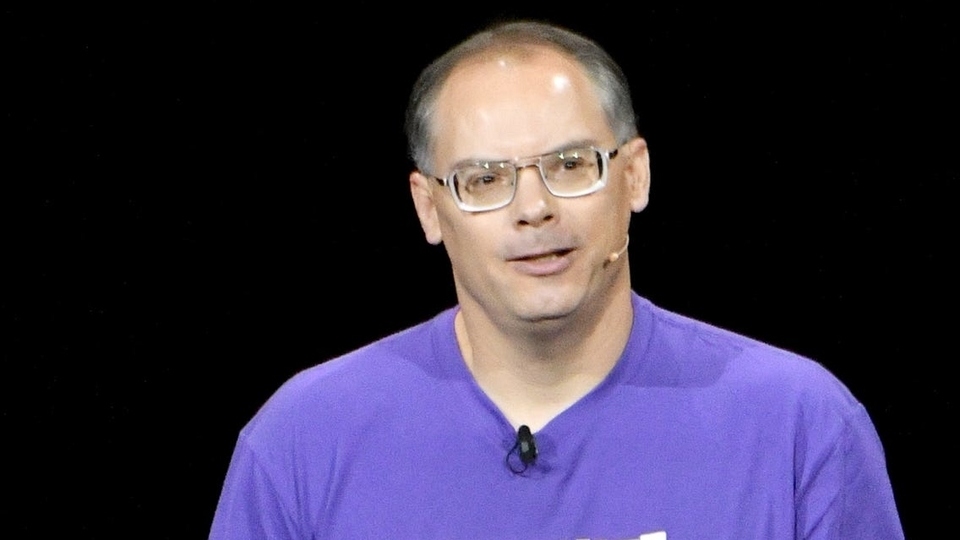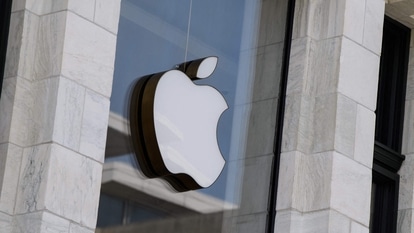10 things to know from Epic CEO Tim Sweeney's testimony at the Google antitrust trial
Epic CEO Tim Sweeney took the stand in Google’s ongoing antitrust lawsuit. It will determine whether Google Play store policies were constituted to form a monopoly. Check out the 10 big things revealed.

The Google antitrust lawsuit, based on filings by Fortnite publisher Epic Games has completed nine days, and in this time we have seen some big revelations being made. Google CEO Sundar Pichai revealed that the company pays Apple up to 18 billion dollars a year for the default iPhone search position, and Google's partnerships boss Don Harrison said that Spotify pays zero percent when users decide to use Spotify's payment system, and between 6 to 10 percent when it is made through Google's channels. On day nine, Epic CEO Tim Sweeney was sworn in for testimony. These were the ten big revelations to come from it.
Epic CEO Tim Sweeney testifies in Google antitrust lawsuit
1. Highlighting his background, Sweeney says, “I built the very first version of the Unreal Engine myself between 1995 and 1998”. He also adds, “I wrote about a quarter of a million lines of computer code in three and a half years”.
2. Sweeney reveals that the initial plan for Epic was to launch Fortnite directly on the Google Play Store.
3. Sweeney revealed that Samsung offered the company a special deal for distributing Fortnite on its Galaxy Store. Instead of the usual 30 percent revenue share (that Google was asking for), Samsung agreed to charge Epic just 12 percent. Sweeney also explained that the two-step download process (Fortnite Launcher, then Fortnite) was necessary to ensure that users could always download the latest version of the game without having to re-download the entire game file.
4. Sweeney mentioned that he initially decided to skip Google Play and distribute Fortnite directly through the Epic Games website. However, he later realized that this decision was deterring many users from installing the game. As a result, Epic decided to submit Fortnite to Google Play again, but this time with Epic's own payment system. Google repeatedly rejected this submission, and Epic eventually agreed to add Play Billing in order to get the game approved.
5. Sweeney took credit for initiating the legal challenges against Apple and Google over their app store practices. He said that he acted on behalf of the entire Android developer ecosystem, seeking to break the monopoly of these tech giants and create a more open and competitive app market.
6. The Epic Games CEO said, “We didn't want a special deal for ourselves... we wanted everyone to have the option of distributing through Android as we had distributing through Android.”
7. Epic made two demands from Google:
1) Competing payment processing options other than Google Play payments, without Google's fees, in Fortnite and other epic games software distributed through Google Play;
2) A competing Epic Games Store app available through Google Play and/or through direct installation that has equal access to underlying operating system features for software installation and update as Google Play itself has, including the ability to install and update software without Google warning screens which discourage users from using third-party stores.
8. Sweeney said that Epic is not seeking monetary compensation from Google in the ongoing legal battle. Instead, Epic's primary objective is to expand its business opportunities and ensure fair distribution of Fortnite on Android devices. While acknowledging the harm caused by Google's restrictions, Sweeney focuses on seeking an injunction against Google's restrictive policies. This suggests that Epic prioritizes market access and fair competition over financial compensation.
9. Google questions Sweeney whether Tencent, a Chinese company, is a major investor in Epic Games. Sweeney answers with a yes.
10. Sweeney highlights that if it could add discounts for V-bucks purchased directly through Fortnite, and by keeping a higher fee through Google Play. Do note, it violates the Google Play policy, which is why Google claims that Fortnite was delisted.
Catch all the Latest Tech News, Mobile News, Laptop News, Gaming news, Wearables News , How To News, also keep up with us on Whatsapp channel,Twitter, Facebook, Google News, and Instagram. For our latest videos, subscribe to our YouTube channel.

























